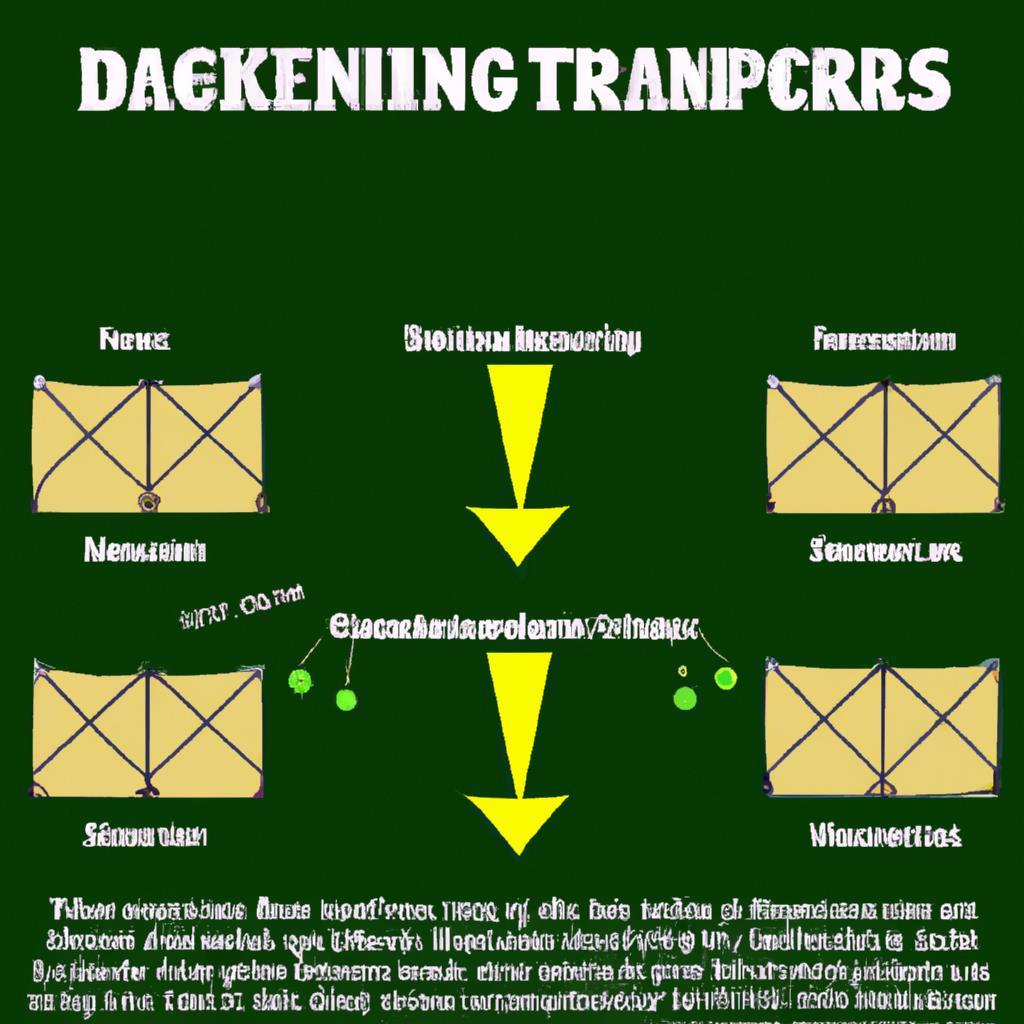When it comes to backpacking and camping, one of the most important aspects to consider is where you will set up your tent for the night. Choosing the right campsite is essential for a successful and enjoyable trip. Here are some dos and don'ts to keep in mind when selecting and setting up your tent at a backpacking campsite.
First and foremost, do your research before heading out on your trip. Look for established campgrounds in the area where you will be backpacking. These campgrounds often have designated tent sites with amenities such as water sources, bathrooms, and fire pits. Choosing an established campground can help minimize the impact on the environment and ensure a more comfortable camping experience.
When selecting a tent site, look for a level, flat area to set up your tent. Avoid pitching your tent on slopes or uneven ground, as this can be uncomfortable and unsafe. Make sure to clear the area of rocks, sticks, and debris before setting up your tent to ensure a comfortable and smooth sleeping surface.
Another important factor to consider when choosing a tent site is proximity to water sources. You will need access to water for cooking, cleaning, and drinking, so it is important to set up your tent close to a reliable water source. However, be mindful of camping too close to water, as this can be damaging to the environment and may violate camping regulations.
When setting up your tent, be sure to follow Leave No Trace principles. This means minimizing your impact on the environment by avoiding trampling vegetation, damaging trees, or creating new trails. Choose a spot that is at least 200 feet away from water sources and trails to help protect the ecosystem and wildlife in the area.
When it comes to tent placement, make sure to consider wind direction and potential hazards. Position your tent so that the door faces away from the prevailing wind to reduce drafts and keep your tent more stable. Avoid setting up your tent under dead trees or branches that could fall during high winds or storms.
When camping in bear country, be sure to store your food properly to prevent wildlife encounters. Keep all food, trash, and scented items in a bear-proof container or hang them in a bear bag away from your tent. Never store food or scented items inside your tent, as this can attract bears and other wildlife to your campsite.
It is also important to be considerate of other campers when backpacking and camping. Keep noise levels down, especially during quiet hours, and respect the privacy of other campers. Be mindful of your impact on the environment by picking up trash, properly disposing of waste, and following all campground regulations.
When breaking camp, be sure to leave your campsite cleaner than you found it. Pack out all trash, food scraps, and any other items that you brought with you. Leave natural objects such as rocks, plants, and wildlife where you found them to help preserve the natural beauty of the area.
Overall, choosing the right backpacking campsite and following these dos and don'ts can help ensure a safe, enjoyable, and environmentally responsible camping experience. By planning ahead, being mindful of your impact, and following Leave No Trace principles, you can make the most of your time in the great outdoors.


leave a comment